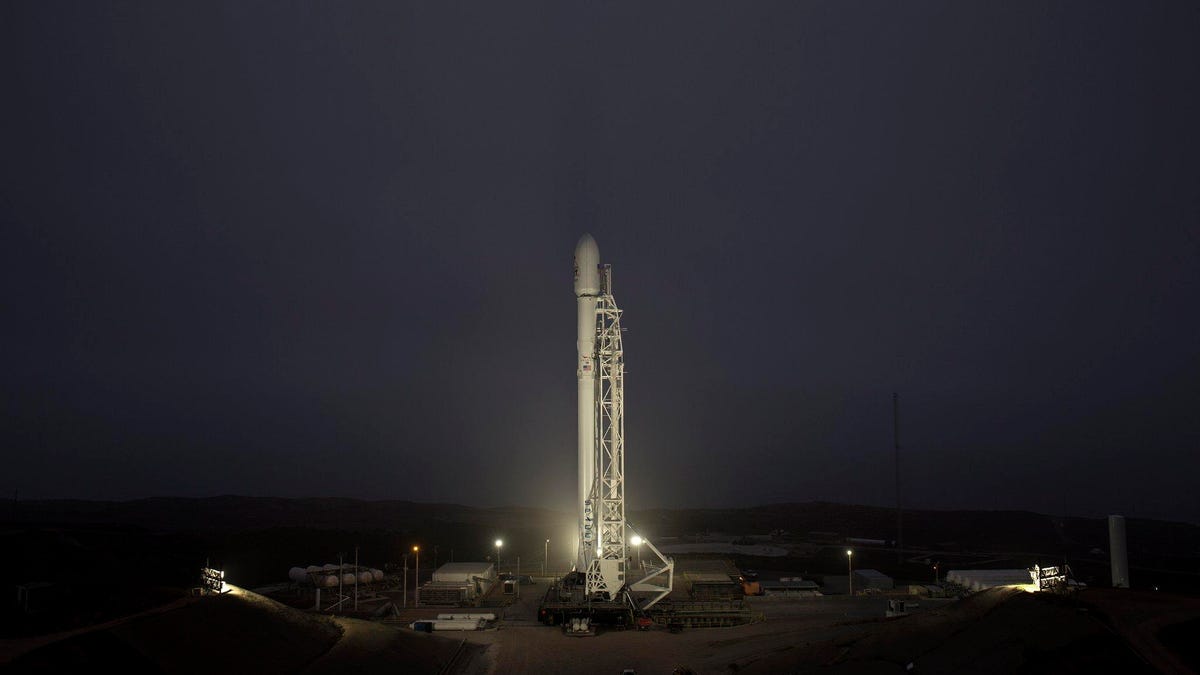SpaceX rocket launches this week help pave the way to Mars
Elon Musk's space company has a busy week. It hopes to keep ramping up the pace of launches until we're off this planet.
SpaceX launched a batch of 10 satellites to low-earth orbit Monday morning, just two days before its next scheduled launch on Wednesday.
The launch of a Falcon 9 rocket from Space Launch Complex 4E at Vandenberg Air Force Base in California, followed by a successful landing on the droneship "Just Read the Instructions" in the Pacific Ocean, was the third such mission Elon Musk 's rocket company has performed for satellite communications company Iridium. But essentially, it was just another day at the office for SpaceX with its 14th successful launch of 2017.
If Wednesday's launch of the EchoStar 105/SES-11 communications satellite goes off just as well, it will be the second time SpaceX has launched two rockets in the space of three days. This is the larger goal of Musk's company: string together routine rocket launches until multimission weeks become the norm.
While this week's satellite launches may seem boring, they're an early rehearsal for making humans a multiplanetary species, as Musk likes to say.
SpaceX hopes to achieve a launch a week, on average, by 2019. That would more than double the twenty or so missions it hopes to complete in 2017. Beyond 2019, though, the pace of launches is set to pick up even more as Musk builds towards his grand vision of colonizing other parts of the solar system, starting with the moon and Mars.
"We want to establish steady cadence that there's always a flight leaving (for Mars)," Musk said last year at the unveiling of his audacious plan to build a Martian metropolis.
It's going to take a lot of practice to get enough reliable rockets running on time to move that many aspiring Martians around. SpaceX is basically using commercial missions to master the skills that could one day take us to Mars.
Of course, Musk's ambitions will also require a lot of actual rockets. SpaceX has this covered too with its plan to reuse rocket stages. In fact, Wednesday's EchoStar mission will be flown using a "flight-proven" Falcon 9 that's already been to space.
Technically Literate: Original works of short fiction with unique perspectives on tech, exclusively on CNET.
Crowd Control: A crowdsourced science fiction novel written by CNET readers.


